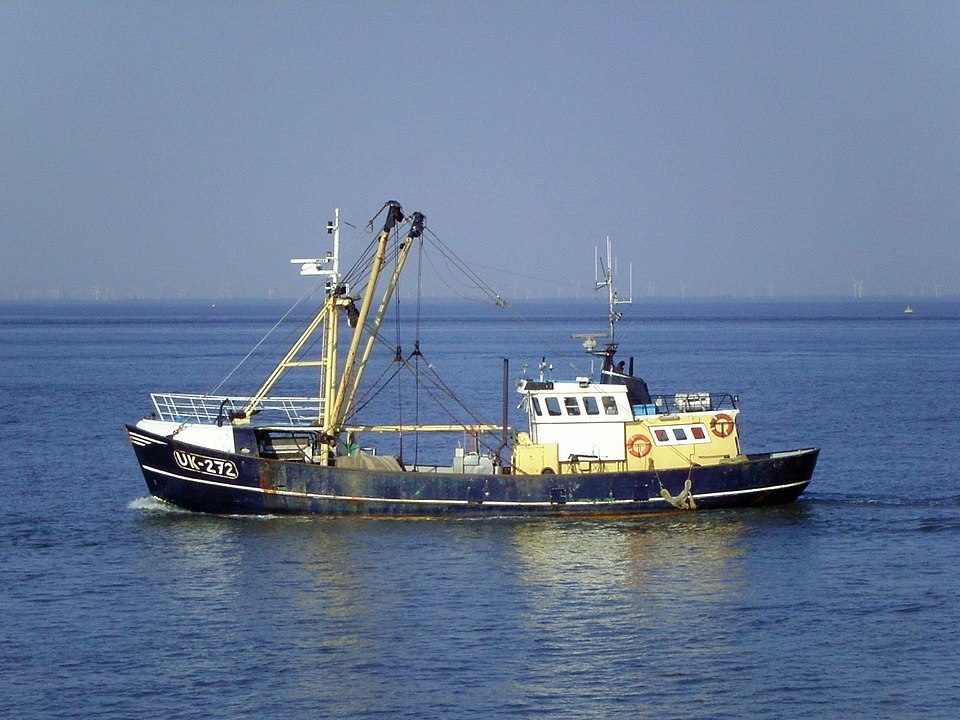
Britain’s food producers and retailers have welcomed a new agreement with the European Union that significantly eases post-Brexit trade by cutting down on border paperwork and checks for
plant and animal products—moves expected to lower costs and streamline trade.
Announced on Monday, the deal allows for smoother cross-border trade while maintaining strict food standards. It's part of a broader effort to reset the UK's relationship with the EU after years of tension.
However, the agreement came at a cost—particularly for the UK's fishing industry. As part of the deal, both UK and EU fishing vessels will retain access to each other’s waters for the next 12 years, a concession that sparked outrage among British fishers.
Since the UK left the EU single market in 2021, British exporters faced immediate red tape and delays at ports. Some businesses stopped trading with the EU altogether, and the Food and Drink Federation reported that UK food and drink exports to Europe have dropped by a third since 2019.
Unlike the EU, Britain delayed implementing its own border rules, only beginning phased changes in January 2024 after several postponements.
For small businesses like Andreas Georghiou’s fine foods store in southwest London—importing from France, Italy, Spain, and Greece—the past few years have been grueling.
“It’s been an absolute nightmare,” he said. “This deal is a real lifeline for small businesses, especially after the recent tax hikes.” He believes many European producers who stopped shipping to the UK may now return.
At Neal’s Yard Dairy in London, sales director Yvonne Yeoh echoed the sentiment. The artisanal cheesemaker has faced soaring costs since Brexit: labor expenses have doubled, transport costs tripled, and delivery times have tripled. She’s hopeful the new agreement will reduce costs and speed up shipping to the EU.
Major retailers also praised the deal. Marks & Spencer’s food chief, Alex Freudmann, said it cuts out “pointless bureaucracy,” while Helen Dickinson of the British Retail Consortium called it a boost to supply chain stability for major supermarkets like Tesco and Sainsbury’s.
But the mood is starkly different among fishermen.
Elspeth Macdonald, CEO of the Scottish Fishermen’s Federation, slammed the fishing deal as “a horror show” and accused the government of sacrificing the industry to secure trade improvements elsewhere. Photo by Tvabutzku1234, Wikimedia commons.




































